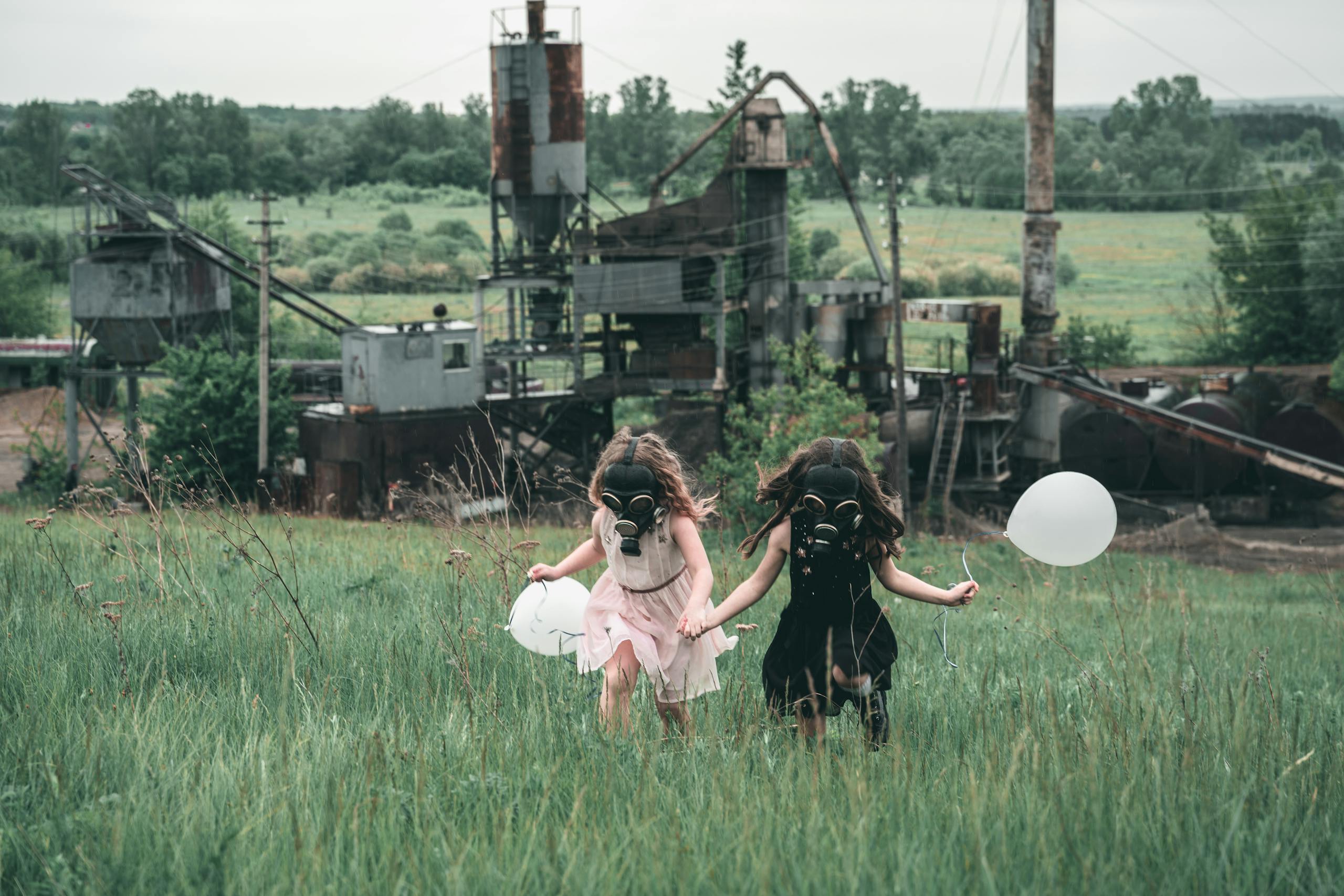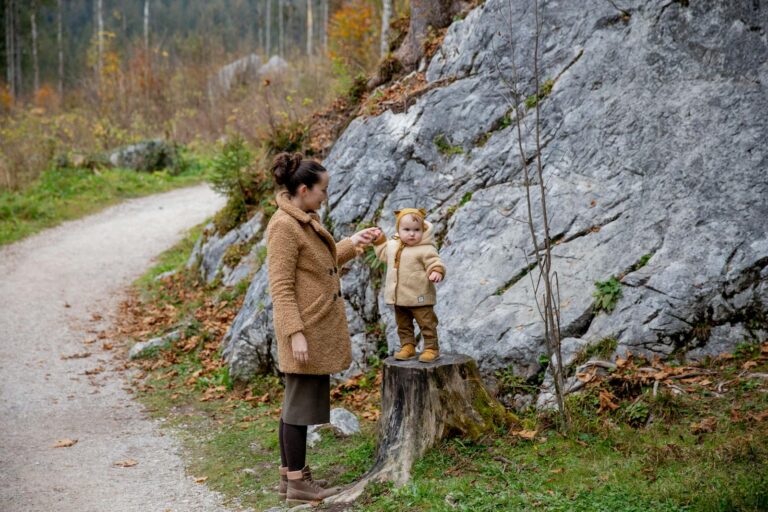The Impact of Climate Change on Our Health and the Health of Our Children: Why We Should Care
The recent fires throughout Los Angeles, particularly the Eaton fire, that decimated much of the town of Altadena has really hit home for me, about what climate change is doing to families and our communities. Eaton Canyon in Altadena is where I learned to love hiking and the outdoors. Altadena is a beautiful community nestled at the foothills of the San Gabriel mountains. When I was younger, my dad and I would regularly hike up to Henninger Flats in the San Gabriel mountains. The start of the Henniger Trailhead is right at Midwick and Altadena Drive where the January 7, 2025 Eaton Fire started.
Within two hours of the fire starting before it even made news headlines, my parents and youngest brother, who live at the Altadena/Pasadena border, had already gotten the notice to evacuate and were out the door. As of this writing, the Eaton fire is 95% contained and has burned more than 14,000 acres, 2 weeks later.
I am grateful that they are safe and that they have a home to come back to but many others are not as lucky. I have friends from my elementary school who lost their childhood homes and whose parents have nowhere to come back to because of the destruction of the fire. It was a week and a half before the evacuation order was lifted and during that time, we kept wondering whether the house was ok and whether the neighborhood was safe. Now, we wonder about the quality of the air, the quality of the water, and how Altadena will rebuild itself.
California is no stranger to wildfires. Californians anticipate a wildfire season each year, usually during the drier and hotter months of the summer into the fall. As a family, we have had to pivot with family vacation plans several times due to whether or not there was a wildfire near where we wanted to go.
What is disturbing is the intensity and scale of the wildfires year after year. Additionally, the Eaton fire occurred in the winter, a time of the year that is not usually considered wildfire season.
We are all impacted by climate change.
Wildfires
Wildfires have an obvious impact on our health. The smoke leads to poor air quality and can trigger flare ups and exacerbations of lung diseases such as asthma, allergies, COPD. Most are now familiar with the AQI (Air Quality Index), with values greater than 100 being unhealthy for sensitive groups, including children, pregnant women, and older adults. An article from the Public Policy Institute of California discussed that wildfire smoke has also been associated with more missed school days and reduced school performance. According to Dr. Lisa Patel, another pediatrician at Stanford with an expertise on the changing climate and our health, wildfire smoke can be up to 10 times more toxic than regular air pollution.
Extreme Heat
What about other aspects of a changing climate? Warmer temperatures lead to increases in heat related illnesses including heat exhaustion, heat stroke, and even death. For those of us who love spending time outdoors, it makes it harder to find a safe window to get our family outside to minimize the risk of heat related illnesses, especially for young children. It leads to longer periods of droughts which increases wildfire risk and impacts the ability to grow food.
Water Quality
Warmer temperatures can also lead to increased algal blooms, making previously clear swimming holes less swimmable. I noticed this a few summers back when we made a day trip to beautiful Lake Tahoe, hoping for a dip in the clear blue water, only to find the beaches with streaks of yellow algae.
Floods
A changing climate doesn’t just mean heat and fire but also changes in the strength and intensity of hurricanes and storms. Every year in the news, we hear story after story of more intense hurricanes making it inland leading to devastating flooding in communities especially southeastern United States. Flood waters can also carry diseases, sewage, and pollute our drinking water. Like wildfires, flooding can also cause billions in infrastructure damage, destroying businesses, roads, and homes.
Vector-Borne Illnesses
Warmer temperatures also lead to changes in flea, tick, and mosquito habitats, vectors that contribute to the spread of certain diseases. This means that diseases that you would not normally see in cooler and higher latitudes are starting to appear because the habitats are becoming more favorable to the insects that transmit these diseases. A paper published by the New England Journal of Medicine shows increases in prevalence of Lyme Disease, West Nile, Dengue, and Malaria with warming temperatures.
Climate Change and its Impact on Children
Children are uniquely affected by the health impacts of climate change. Children breathe faster than adults, increasing their exposure to air pollution and wildfire smoke. This can lead to increases in asthma exacerbations, wheezing episodes, bronchitis, resulting in more visits to the emergency room and more missed days from school. During extreme heat waves, children are forced to stay indoors, limiting their access to physical activity and play and impacting their mental health. Studies are still coming out on what the long term exposure is to child development and health from repeated exposure to wildfire or heat.
Then, there are the long term mental effects of losing a home. Imagine yourself as a child whose home was devastated by a flood or wildfire. What would that mean to you? Imagine as a parent that you did not have a home to bring your family back to because of a disaster. What would that mean to you?
Everything in our changing climate is interconnected. It can feel overwhelming when we cannot control the weather. So what can we do as individuals to make a difference in our community and to create a healthy future for our children?
Educate Yourself
First is educating yourself. Learn what you can about how a changing climate is impacting you. Pay attention to patterns in the seasons. Is it getting warmer sooner in the year? Is there less and less snow each season? Spend more time in nature, care for the land and let the land care for you.
Commit to Small Changes
“Never doubt that a small group of thoughtful, committed citizens can change the world; indeed, it’s the only thing that ever has.” – Margaret Mead
With 8 billion people on the planet, if each person commits to small changes, it can lead to collective action. This can include paying more attention to the trash that your family generates. Focusing on minimizing food waste. Starting a pollinator garden. Starting a compost bin. Switching from gas stoves to electric or induction. Buying only what you need. Opting to walk instead of drive when traveling nearby.
Support an Earth Conscious Organization
Find local chapters of conservation or environmental organizations to volunteer with. Volunteer with community groups to speak about climate change and encourage businesses to reduce plastic or single use items. Below is a short list of some organizations to support. There are many many organizations international, national, and local that are frequently looking for support. Find one that speaks to you and connect with them.
Some organizations to support:
- https://www.sierraclub.org/volunteer
- https://earthjustice.org/action
- https://www.nrdc.org
- https://www.americanforests.org/ways-to-give/
- https://www.conservation.org/act
- https://janegoodall.org/make-a-difference
- https://www.audubon.org/get-involved
- https://www.nature.org/en-us/get-involved/how-to-help
- https://www.worldwildlife.org/pages/action-center
- https://350.org/get-involved/?r=US&c=NA#map
Speak up and Advocate for Change
Share what you are learning about the impacts of climate on your personal lives. Share what eco changes you are making as a family with those in your community.
If you have a school aged child, speak to the school district about creating green school yards or a school garden.
Vote with your dollar. Support businesses and issues that prioritize your values when it comes to the environment and planetary health.
There is an indigenous belief about the seventh generation principle which is a concept that encourages us to think about how our actions from today will impact seven generations into the future, the future of our children and our children’s children.
Let’s imagine a future together where our children’s children can have access to clean air to breathe, clean water to drink, and beautiful natural spaces to play in.



